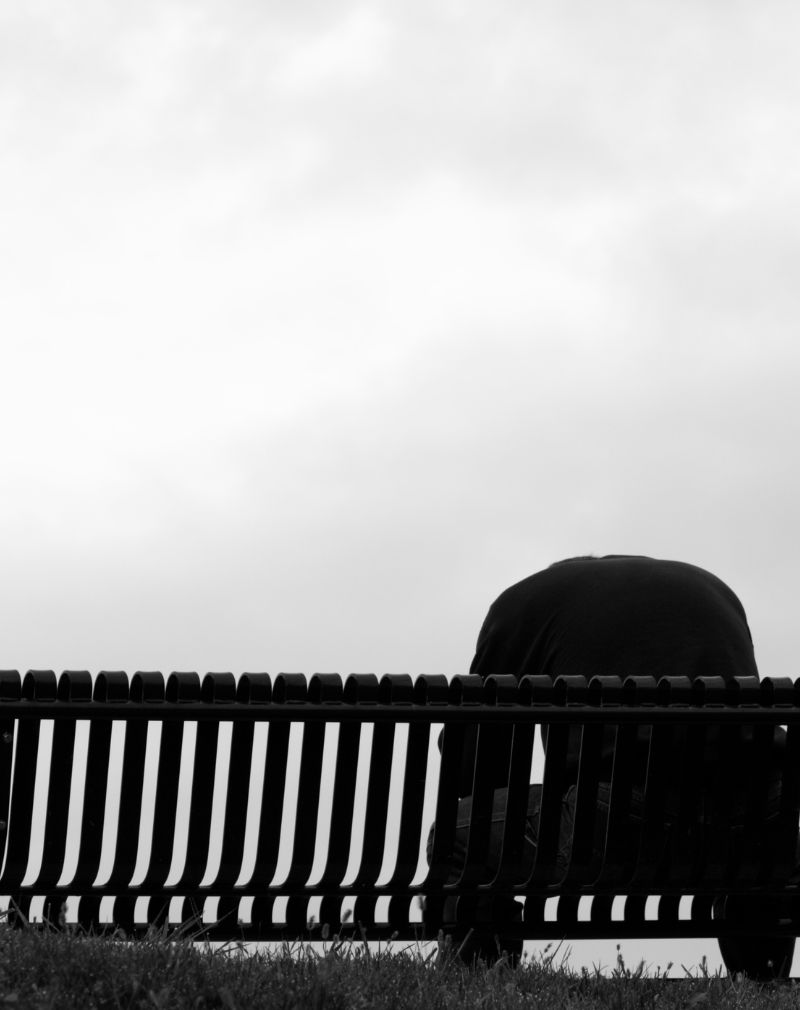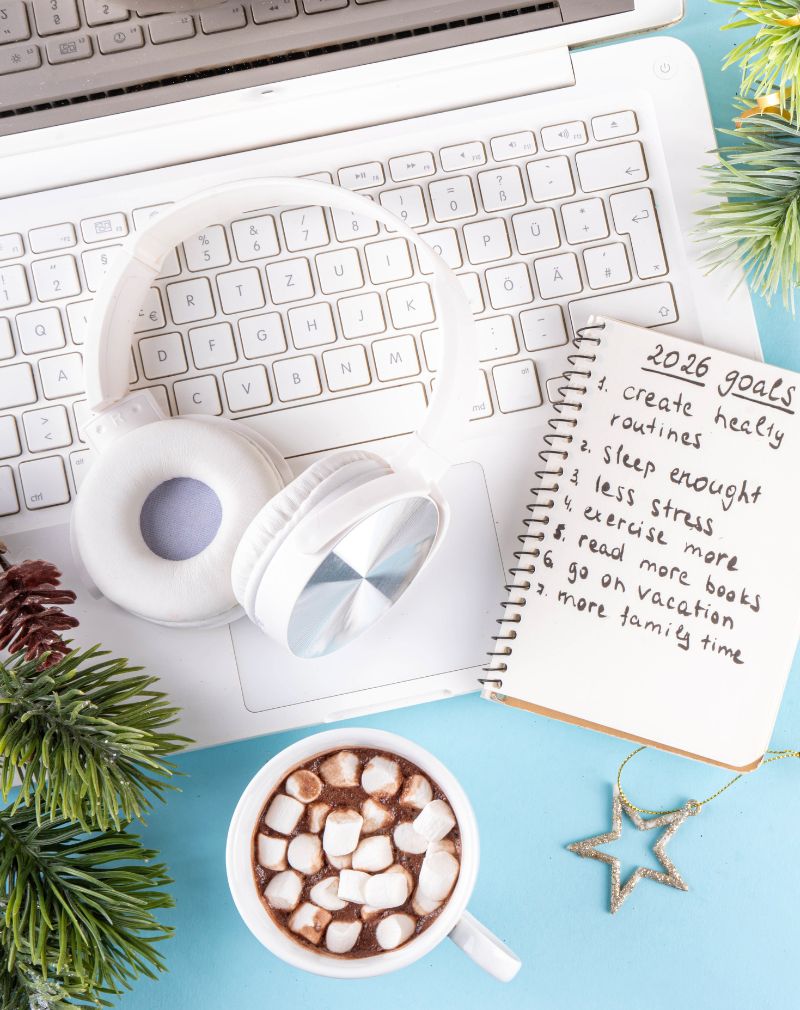You don’t walk into therapy holding trust in your hand. You walk in carrying everything else — fear, shame, silence. Sometimes, all three at once.
For many, trust isn’t just hard. It feels impossible. Especially if you’ve spent years being let down by people who were supposed to care.
According to the American Psychological Association (2024), nearly 9 in 10 people who trust their therapist report meaningful progress within just six sessions. That’s not a warm thought — that’s data. Real people. Real outcomes.
But for expats in Dubai, trust can be even harder to come by. You’re far from home. Surrounded by people, yet somehow alone. You go to meetings, show up at dinners, reply “All good” to every check-in. But no one really knows how much you’re holding in.
At The American Wellness Center in Dubai Healthcare City, our Psychologists don’t expect you to pour your heart out on day one. We don’t ask for blind faith. We work for your trust — with time, with consistency, and with care that doesn’t rush or judge.
Because trust isn’t a soft word. It’s survival. And without it, healing never even starts.
The Psychology Behind Trust in Therapy
Trust is not just a feeling in therapy — it’s the foundation everything else rests on. In psychological terms, this is called the therapeutic alliance. It refers to the working relationship between therapist and client, built on collaboration, mutual respect, and emotional safety.
A 2024 study published in the Journal of Counseling Psychology found that the strength of this alliance is the most consistent predictor of therapy success, regardless of the type of therapy used. In simpler words: when you trust your therapist, therapy works better.
Building this trust means feeling safe to speak, knowing your therapist understands your perspective, and believing what you share will stay private. At The American Wellness Center in Dubai Healthcare City, our mental health team focuses on building this alliance from the very first session — slowly, respectfully, and without pressure.
Common Barriers to Trust for First-Time Clients
Many people walk into therapy carrying doubts. Some are unsure how it works. Others worry about judgment or feel uneasy being vulnerable in front of a stranger. These are common and completely valid concerns, especially for those starting therapy for the first time.
For clients who’ve had a negative experience in the past — maybe with a therapist who didn’t listen, or who rushed the process — rebuilding trust can take even longer. It’s not always about the therapist either. For men, particularly those in corporate roles, emotional openness is often discouraged. Vulnerability is wrongly seen as weakness, which makes therapy feel unfamiliar or even threatening.
In Dubai, stigma can also play a role. According to the UAE National Mental Health Survey (2024), over 60% of expats said they would hesitate to seek therapy due to cultural concerns or fear of being misunderstood.
That’s why at AWC, we take time to understand your story. We don’t rush trust. We build it — with presence, consistency, and respect for where you’re starting from.
What It Means to Seek Therapy as an Expat in Dubai
Being an expat can feel like a privilege — until it doesn’t.
The fast pace. The isolation. The cultural shifts. They all take a toll.
You’re building a life away from home, but you’re doing it without your usual support system. That makes you more vulnerable to anxiety, burnout, and loneliness. But what makes it worse is that help often feels just out of reach.
A 2024 UAE-based YouGov survey found that 61% of expatriates hesitate to seek therapy. The reason? They fear a cultural mismatch. That their therapist won’t get their background, their language, or their world.
It’s a valid concern. Here’s what many expats quietly worry about:
- “What if they don’t understand where I’m coming from?”
A therapist who lacks cultural context can leave clients feeling even more isolated. - “Can I trust that what I say stays in that room?”
Dubai’s tight-knit expat circles make privacy a serious concern. - “Will I have to explain my identity before I can even talk about my pain?”
Repeating your story, just to be understood, is exhausting.
At The American Wellness Center in Dubai Healthcare City, we recognize this. Our Psychology Department is built to meet you where you are — with multilingual, culturally sensitive professionals who don’t need your passport to understand your pain.
If You’re New to Therapy, Start Here
Trust doesn’t happen overnight. But there are ways to help it grow, session by session.
Think of it like this:
You’re not walking into a final exam. You’re walking into a conversation. And you get to set the terms.
Try these first steps:
- Be upfront about what you’re comfortable with.
If you don’t want to talk about something yet, say so. Your pace matters. - Ask questions.
It’s not rude. It’s responsible. You’re allowed to ask your therapist how they work, what they believe in, and how they approach care. - Test the waters.
Share something small and see how it feels. If the space holds you gently, keep going. - Keep showing up.
Trust doesn’t come from one good session. It comes from feeling safe again and again.
And remember, in the UAE, you have rights. Every therapist must protect your confidentiality. They’re also required to explain the process clearly and get your consent before starting. At AWC, these aren’t just policies — they’re principles.
What the Therapists at AWC Do Differently
Trust has to be earned. And that starts with how therapists show up.
Here’s what defines our Psychology Department at The American Wellness Center in Dubai Healthcare City:
- We’re trauma-informed.
We don’t just treat the symptoms — we understand the history behind them. - We’re neurodiversity-affirming.
We don’t try to “fix” you. We work with how your mind naturally moves. - We’re LGBTQIA+ safe.
Your identity is never up for debate in our rooms. - We work across ages.
From children to adults, we match our specialists to your stage in life.
According to a 2024 report from the Mental Health International Review, therapists with multicultural training are twice as likely to retain expat clients for long-term care. That’s not just good for continuity — that’s how trust becomes healing.
When Trust Feels Hard to Give
Some people walk into therapy ready to speak.
Others need time.
Both are okay.
If trusting someone feels impossible, it usually isn’t about the therapist. It’s about what came before — the betrayal, the neglect, the silence you had to survive.
Here’s what you can do if trust doesn’t come easy:
- Say it out loud.
You don’t need to pretend. Tell your therapist that building trust is a struggle for you. - Be curious about the discomfort.
You don’t have to push through it. But you can sit with it. Ask yourself why it’s there, and what it’s trying to protect. - Write before you speak.
If saying it feels unsafe, bring notes. Let your words arrive on paper first.
At AWC, we don’t take trust personally. We take it seriously. And we give it the space it needs to grow.
When You’re Finally Ready to Trust Someone
Trust isn’t soft.
It’s not sentimental.
It’s a decision — and one of the hardest you’ll ever make.
It means letting someone into the story you’ve carried alone for too long. It means giving up control, not blindly, but bravely. And it means opening the door to change.
At The American Wellness Center in Dubai Healthcare City, we don’t ask you to do that alone. We walk with you, step by step, until trust feels less like a risk and more like relief.
If you’re ready to talk — even just a little — we’re ready to listen.
Book a confidential session today with our Psychology Department. Let trust start here.



